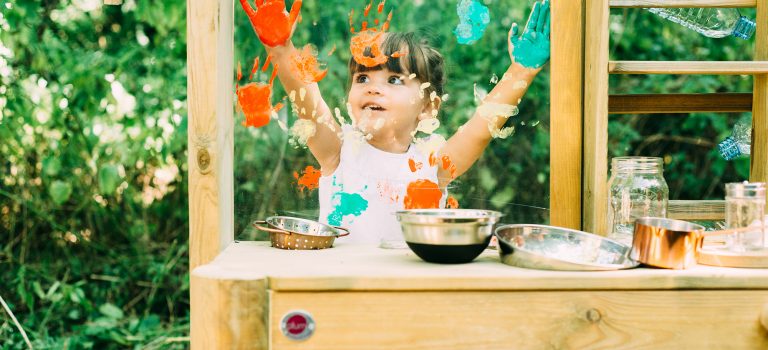We want play to inspire thinking, creativity, imagination, understanding, and most of all, to be fun. Play isn’t just about entertainment; it’s a powerful tool for a child’s development, building skills that last a lifetime. Let’s explore why play is vital and how it benefits your little ones.
The Importance of Play in a Child’s Development
Play is often referred to as a child’s “work.” It’s how they learn about themselves, others, and the world around them. From physical coordination to social skills, the benefits of play are endless.
Physical Health and Wellbeing
Active play keeps children healthy. Activities like bouncing on a trampoline or climbing on a jungle gym build strength, improve balance, and enhance coordination. For example, a Plum trampoline offers a safe way to expend energy while building muscle and bone strength.
Think of a family gathering where kids play tag on a sunny afternoon. The laughter and running aren’t just fun—they’re an aerobic workout, strengthening their hearts and lungs while improving agility.
Cognitive Development
Play nurtures critical thinking and problem-solving skills. A child building with wooden blocks or experimenting with a Plum Mud Kitchen learns concepts like balance, measurement, and cause and effect. These hands-on activities are the building blocks for STEM (Science, Technology, Engineering, and Math) skills.
Social Skills and Emotional Growth
Play teaches teamwork, empathy, and communication. When children role-play in a Plum Cubby House, they learn to share, negotiate, and collaborate. Pretend play helps them process emotions and understand others’ perspectives, building emotional intelligence.
The Different Types of Play and Their Benefits
- Physical Play
This includes running, jumping, climbing, and balancing. Physical play boosts motor skills and overall fitness. A Plum climbing frame or swing set provides endless opportunities for outdoor adventures that improve strength and coordination. - Imaginative Play
Pretend play encourages creativity and storytelling. Whether your child is “cooking” in a Plum Mud Kitchen or “hosting a tea party” in a cubby house, they’re learning to think imaginatively and solve problems. - Social Play
Group activities like playing on a Plum seesaw or enjoying a game of basketball teach kids about taking turns, following rules, and working as a team. - Independent Play
Spending time alone with toys fosters self-reliance and independence. For instance, a child bouncing on a trampoline can enjoy moments of quiet reflection while burning off energy.
How Plum Products Support Play
Plum’s range of products is designed to enhance every stage of play. From trampolines that promote physical health to mud kitchens that encourage imaginative exploration, each product is crafted to spark creativity and joy.
Our Recommendations:
- For active play: Plum Play Trampolines
- For imaginative play: Plum Mud Kitchens
- For social play: Climbing Frames
Real-Life Success Stories
One Plum customer shared how their child’s Plum climbing frame became the highlight of their backyard. Not only did it help their child build confidence while mastering new challenges, but it also became a gathering spot for neighbourhood kids, fostering community and friendship.
Play for a Better Future
Play also instills values like sustainability. Plum’s eco-friendly products, made from sustainably sourced wood, teach kids the importance of caring for the environment while having fun.
Conclusion
Play is more than just fun—it’s fundamental. It supports physical health, cognitive development, and emotional well-being while fostering creativity and social skills. By providing your child with the tools and opportunities to play, you’re giving them the best start in life.
So, let’s make every day an adventure. Explore Plum’s range of play equipment and help your child thrive through the power of play.

